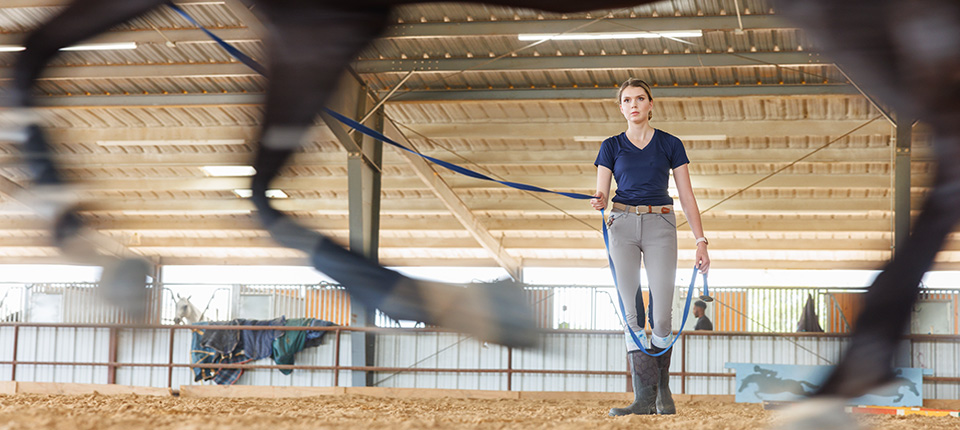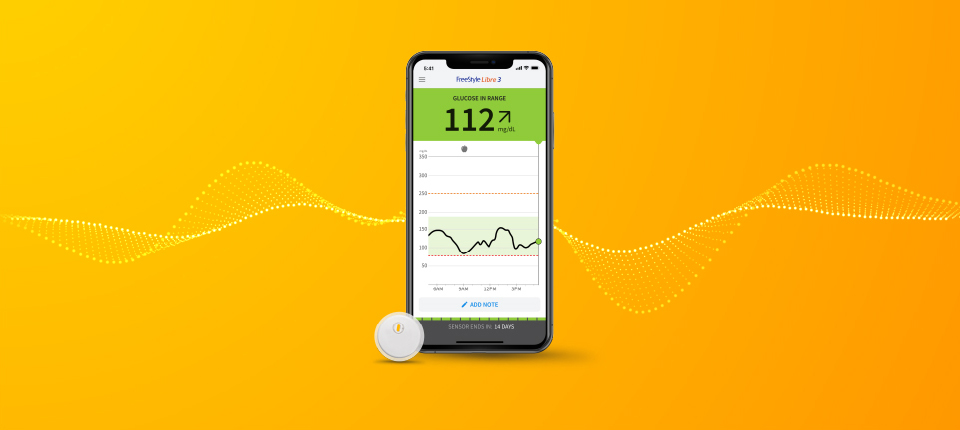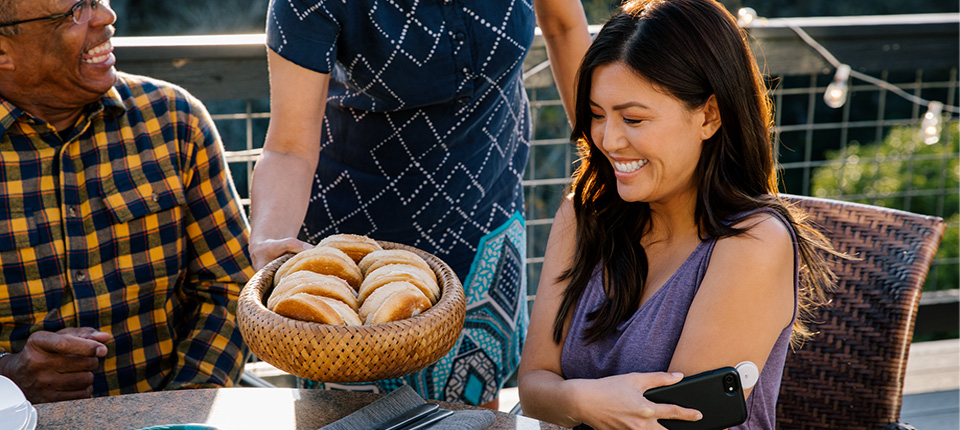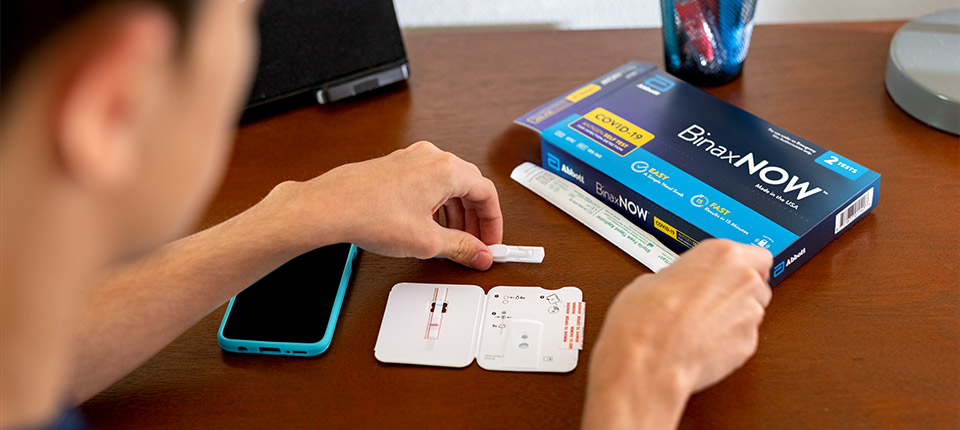Let’s walk back through your health journey. In a recent TV interview, you said it was around 2018 that you started to notice a heaviness on your chest when you would lie down. Is that where everything began?
Yes. I let it go for a couple of days because it wasn’t painful. I even thought it might have been an anxiety attack or something like that because it was only happening at certain times of the day — at night, especially.
And again, it wasn’t painful, so I just kind of brushed it off. But that was a catalyst. It propelled me to go to the urgent care to see what was going on, because it just became increasingly uncomfortable to sleep at night.
And from there?
At urgent care, they did a series of tests and said they thought it was something more serious and that I should see a cardiologist. I went that day, and the doctor told me, “You have the heart of a 90-year-old.”
And I was like, “I don't even understand what that means.” He said, “You’re really sick.”
I was just ... I was just in shock. I couldn’t believe it. Literally as I was in his office, the nurse was wheeling in a wheelchair to take me to the hospital next door.
Eventually, it sunk in: This explains why I’d been feeling kind of yucky, especially at night.
At the hospital, I remember the ER doctor was visibly upset. He thought my general practitioner should have caught this. I’d been thinking about my blood pressure and other telltale signs that maybe they just didn’t catch or might have even ignored.
But after that, you would go on to see several different cardiologists.
Unbeknownst to me at the time, I started to get sicker and sicker.
(The first cardiologist) did suggest that I get a pacemaker defibrillator, which I did. And I tried trucking along. Going back to the gym. Started catering a little bit more. Based on the information I received, I just carried on with my life.
Only your condition got worse.
It did. It did over time.
Sometimes it makes me upset because I think I should have known better, but I didn’t know what questions to ask. So, when I come into contact with people now, I tell them you have to be your own advocate.
You have to ask certain questions — or ask questions, period.
What other advice do you give them?
One thing I suggest to people is that, if you don’t have any medical knowledge, bring someone with you to an appointment. Maybe you have a niece, a friend, a neighbor, a cousin, someone who’s a nurse or something like that. They can sit with you and ask certain questions that you wouldn’t have thought to ask.
So that’s my biggest thing. I just didn’t know what questions to ask. I was never told, through three cardiologists, how sick I really was — because, had I known, I would have said: “Well, wait a minute. If I’m this sick, then what’s the plan?”
What’s an example of one of those good questions to ask about heart health?
Thinking back to what brought you to that point and knowing your history.
My maternal grandmother died of congestive heart failure. And so, through a series of tests, they told me that my condition was really due to genetics. I was predisposed.
That made me think about my four daughters — for them to go and get checked out and make sure they don’t have any issues. And to just be steadfast in that.








FOLLOW ABBOTT